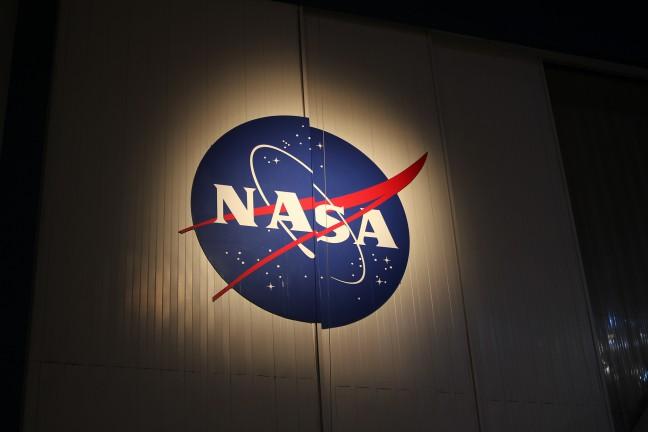University of Wisconsin professor Tracey Holloway will lead the second-generation NASA team tasked with using satellites to better understand pollution emissions.
The team will use mathematical models to analyze data collected by satellites, which will allow them to detect airborne pollutants. Satellites could provide a viable alternative for monitoring areas that lack ground instruments needed to detect emission levels.
“We have all this data [that] can tell us what is in our air, but it doesn’t tell us how it got there,” Holloway said.
Holloway, professor in the Nelson Institute for Environmental Studies, will lead the Health and Air Quality Applied Sciences Team as they take a closer look at the health and environmental effects of emissions in other distant areas.
Holloway earned her Ph.D. in atmospheric and ocean sciences from Princeton University in 2001, and in 2011, she acted as deputy director on the NASA Air Quality Applied Science Team. Holloway will remain deputy director of that team while she leads the new team.
The initiative is a three-year project, and the availability of funds from the federal government will determine the budget, Holloway said.
New generations of satellites are capable of measuring the chemistry of the atmosphere from space. The satellites can also provide data about pollutants in areas where there may be no monitor to detect them.
“For example, if a monitor in Madison detected smoke in the air, we would use the satellite data to figure out where the smoke came from,” Holloway said. “Using this data, we would be able to see that the smoke, for example, came from Canada where a big forest fire occurred.”
Holloway and her team will use the information gathered from their research to develop better alternative energy strategies that can improve air quality.
To infinity and beyond: Madison company will supply parts for NASA mission
Holloway said she applied for the position through a grant proposal describing the research she would do and the questions she would ask if chosen.
What’s different about this particular team is that NASA isn’t funding 13 different scientists to do 13 different things. Instead, NASA is funding the 13 different scientists to work together as a team, Holloway said.
“Each individual on the team gets money to do their own thing,” Holloway said. “What we want to do is to collaborate and also form a group that makes it easier for the public and potential users of satellite data to have a one-stop shop for research and information that connects the science with decision making.”
It is pretty unusual for NASA to fund a team, Holloway said. But the idea is that the whole will be greater than the sum of the parts.
Despite her future plans at NASA, Holloway is still finding time this fall to teach an introductory air quality class at UW, one of the hotspots for satellite research in the world.
“I work with a lot of students in environmental studies and in environmental science and in other fields, and I think when a lot of students think about the environment they think about water and climate change,” Holloway said. “What I would really like to do is get the word out that air quality is really exciting topic within the environment and that there is a lot of cool work going on on campus.”


















